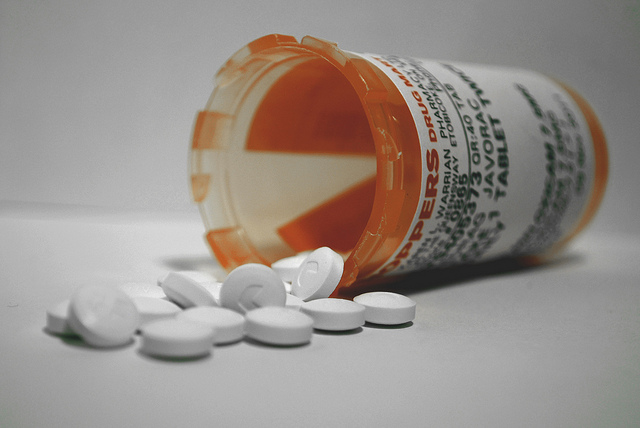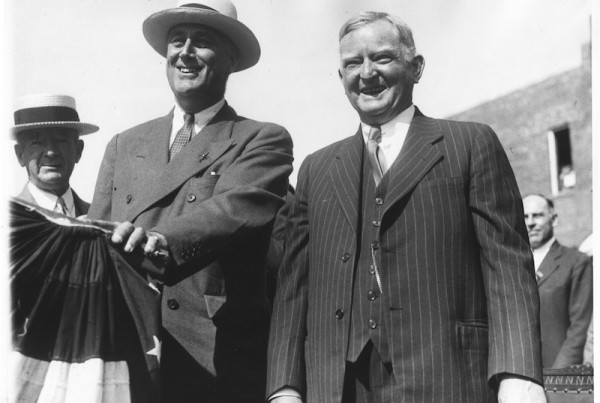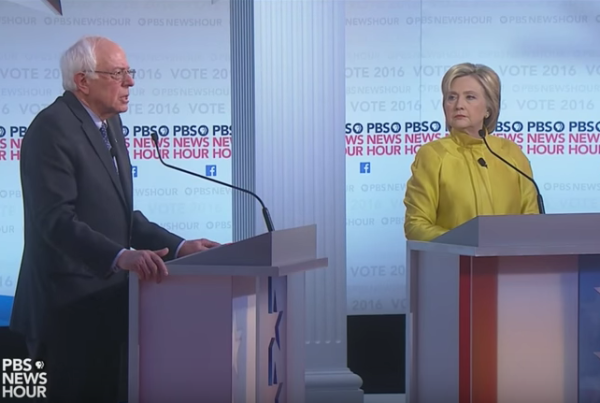Doctors and physicians are supposed to be some of the people we can most trust. At times, many feel their lives are literally in their hands. But what if those people are prioritizing their own interests by referring products and services in hopes of some extra cash on the side? In other words, some doctors could be making medical recommendations for a little payoff from the local compounding pharmacy.
There’s a federal investigation into the practice going on in several states right now, including Texas. State regulators were also worried about the kickbacks and recently passed a law that allows the Texas State Board of Pharmacy to inspect the financial records of doctors and pharmacies to make sure things are on the up and up.
Kevin Krause recently wrote about this law for the Dallas Morning News. He says that the practice isn’t altogether uncommon here in Texas.
“Since my story’s ran, I’ve heard from a lot of people in the medical community who are saying that this is a common practice for physicians to be receiving money from these pharmacies for prescribing compounding medications and referring patients,” Krause says. “Quite frankly, a lot of doctors, I’m hearing, are worried about this right now – about the federal investigation.”
The issue here is specifically with compounding pharmacies, which tailor-make pharmaceutical products for patients. Because of the specialized nature of their services, doctors can steer patients toward these pharmacies and potentially get a little reward from them. Since the pharmacies have grown, the government is cracking down.
“The federal government is trying to recover some of that money now that was inappropriately paid to doctors,” Krause says. “And we’re talking about federal healthcare programs like Medicare and Tricare, which is for the military, and that’s why we’re seeing these million dollar settlements, because the federal government wants to recover this money which they say was spent fraudulently.”
And while there are some protections in place for patients, it’s hard to know the extent of the practice. Doctors must disclose if they’re receiving money from pharmacies, if the patients ask. But many patients don’t.
“State law requires your doctors to disclose to you if he’s receiving money from a pharmacy he’s referring you to, but it’s unclear whether doctors are doing that,” Krause says. “I’m sure some patients don’t want to insult their doctors by even asking, and so no one really knows the extent of the problem.”
















